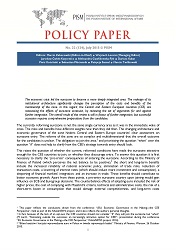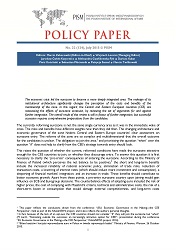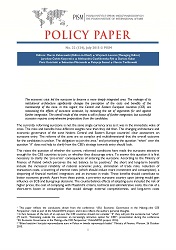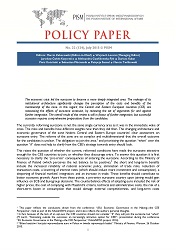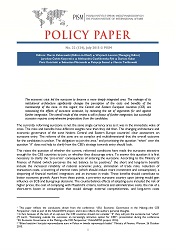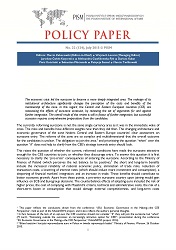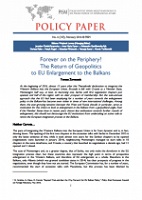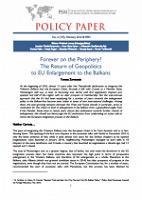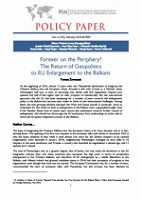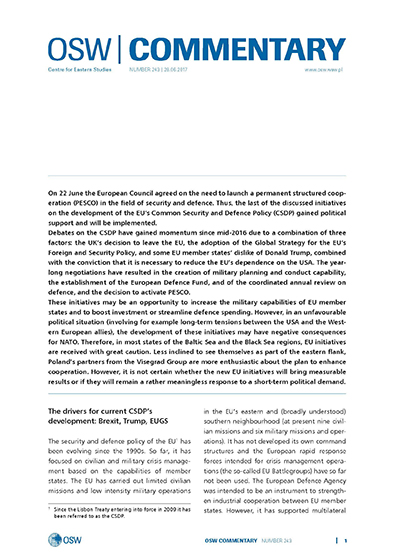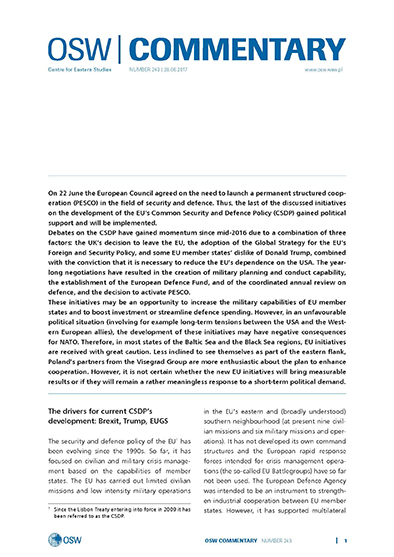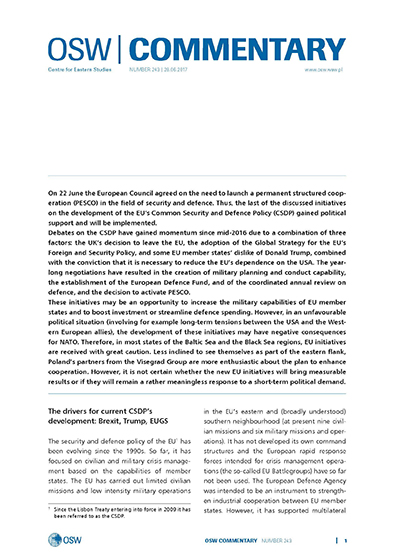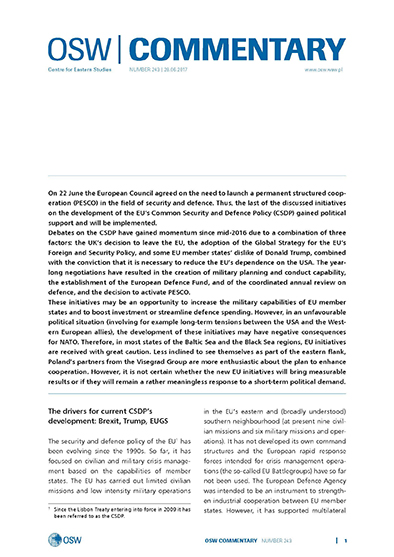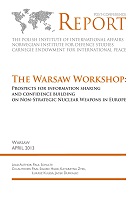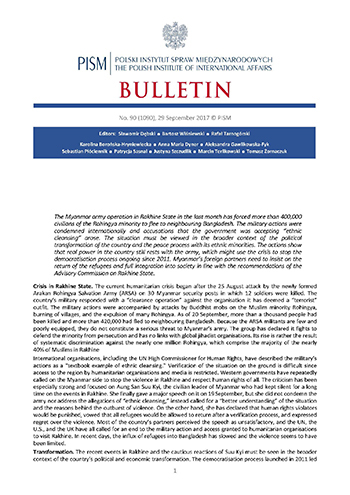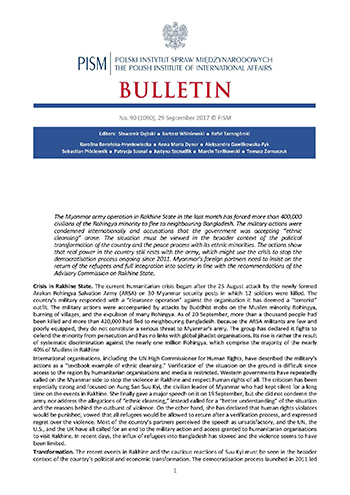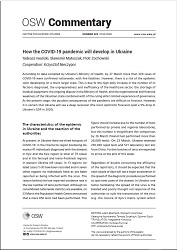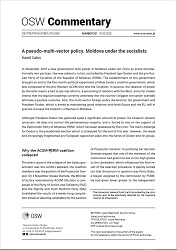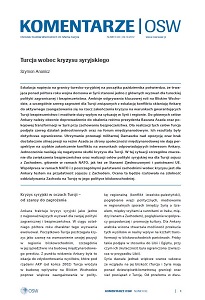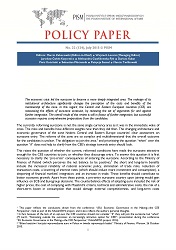
№108: Neither “NATO’s Foreign Legion” Nor the “Donbass International Brigades:” (Where Are All the) Foreign Fighters in Ukraine?
The conflict in Ukraine continues to attract global attention. Moreover, foreigners are also involved in actual combat in the eastern part of the country. Russians, be they soldiers or volunteers, are the dominant foreign group in the war zone. Others, mostly Europeans, constitute neither “NATO’s foreign legion” nor the “Donbass international brigades,” as their numbers likely do not exceed 300 on either side of the conflict. Interestingly enough, many of these European foreign fighters share common ideological roots, i.e., anti-Americanism, anti-liberalism, extreme nationalism, fascination with authoritarianism, rejection of European integration, but these do not, however, stop them from taking opposing sides in the ongoing conflict in Ukraine. They, as a group or as lone individuals, might constitute a threat to European security and must be closely monitored.
More...
